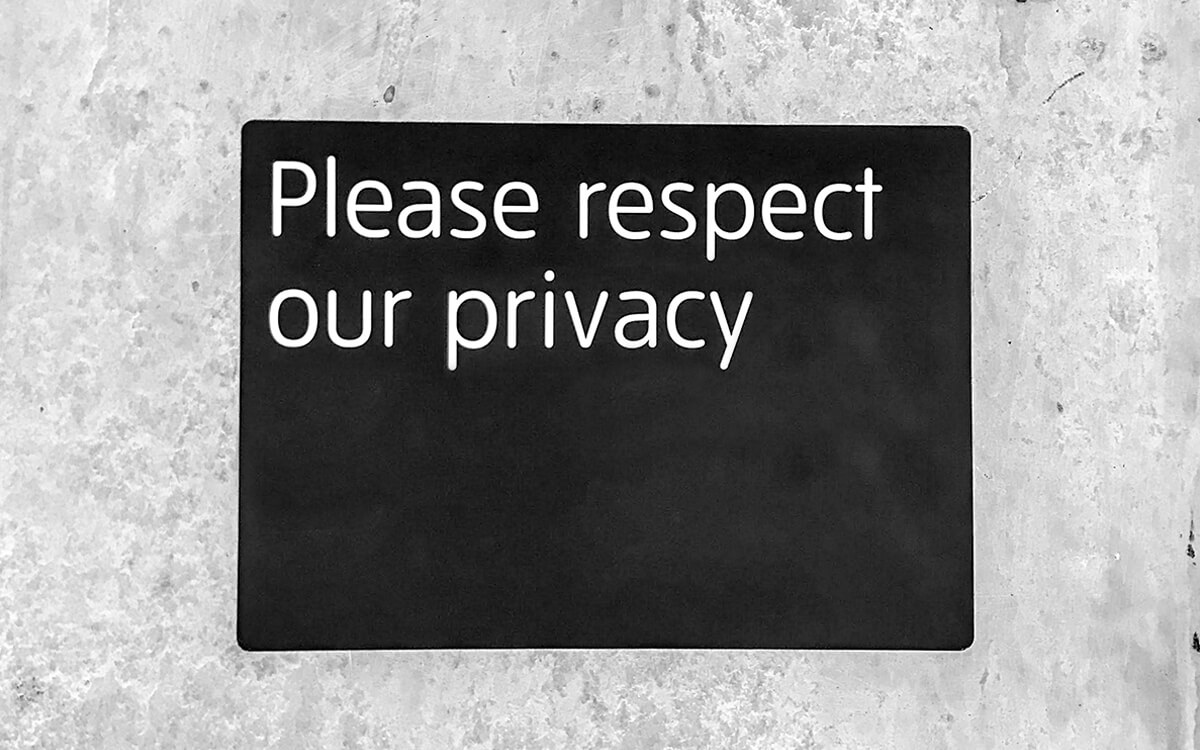Privacy vs Secrecy and Your Right to Both
Online privacy is no longer a fringe concern. From national politicians using private servers for government business to major hacks exposing people’s social security numbers to the fear that social media platforms are listening through our phone’s mic, it seems like we have a new international news story about internet privacy violations every week.
And yet, most people aren’t taking the available steps to protect their privacy. Why is that?
One reason is that people believe online privacy more of a hassle than it’s worth. And, unfortunately, that’s not entirely unfounded. Most of us have so many profiles and so many accounts online that setting up protections for everything can feel like a Sisyphean task. For the average online denizen, convenience comes before privacy.
But the technical solutions for better privacy will catch up with the very pressing need for them, sooner than later. A bigger issue is the cultural perception that if you have “nothing to hide,” you don’t have to be concerned with online privacy. You’re a law abiding citizen. You’re not planning a government coup. You barely even use swear words!
The difference between privacy and secrecy
On the surface, that argument makes a lot of sense. Someone with nothing to hide probably doesn’t spend a lot of time trying to cover up their actions. However, people who make that argument are conflating privacy and secrecy. The two words seem a lot alike on the surface, but the subtle differences between them highlight how the “I have nothing to hide” argument doesn’t hold up.
In an excellent thread about the topic on reddit, one user clearly illustrates the difference between privacy and secrecy with this analogy:
“When you go to the bathroom you close the door even if everybody knows what you are doing.”
What you do in the bathroom is private. It’s not something you’d like other people to sit and watch. But it’s usually not a secret. Everyone has a pretty good idea of what goes on when you go into the bathroom and close the door, even if they can’t see you do it. However, if you went in to the bathroom and, say, did some illicit drugs and your friends wouldn’t approve, that would probably be a secret.
Privacy and secrecy are two things that we all have a right to. But “secrets” carry an extra weight of shame, guilt, or “something to hide.” Privacy is simply the right to not have people observing you while do things you’d prefer to do alone. Secrets, on the other hand, are often associated with doing something bad — which isn’t to say that every secret is a bad one. But it is how we commonly think of them.
So maybe what people are really trying to say is that they have no secrets. But does that mean they don’t want any privacy?
Things you might want to keep private
Even if you are a completely secret-free human, chances are there are some things you’d prefer to keep private. Think about every conversation you’ve had over Facebook Messenger, for example. Would you be okay with Facebook employees reading them? How about the government?
Or what about your bank login details or the balance on your accounts? Cool if cyber criminals got their hands on those? How do you feel about your kid’s medical history being seen by strangers or every step you take being tracked by Google?
All of those things are happening if you’re not taking steps to protect your privacy online. It’s like leaving all of blinds on your house up, all the time, and allowing whomever wants to look right in. Even if you never did anything illegal in your own home, no doubt few would be okay with that setup.
Why ad-based businesses want you to conflate the two
Digital businesses that make their money from ads want you to conflate privacy and secrecy. They don’t want you to tease out those subtle differences because as long as you think you don’t need more privacy because you don’t have any bad secrets, they’re able to keep doing what they do.
And what they do is track you. Companies follow you around the web and even follow where you are in “real life” in order to target you with ads and sell you things. While services like Facebook are “free,” you’re paying with your data. These companies want to know as much as possible about who you are: what you do, who you do it with, and where you do it.
While a lot of us would like to think that the government will protect us from these corporations — or that the government would never use that data themselves to target citizens — the truth is that we don’t have any protection from the government, in both senses. The only protection we have is steps that we each take to protect our privacy online.
So, remember: Privacy is not the same as secrets. And even those of us with “nothing to hide” deserve our privacy.
Share this postInstall Tenta Browser Free!
Start protecting your online privacy today with Tenta Browser.



